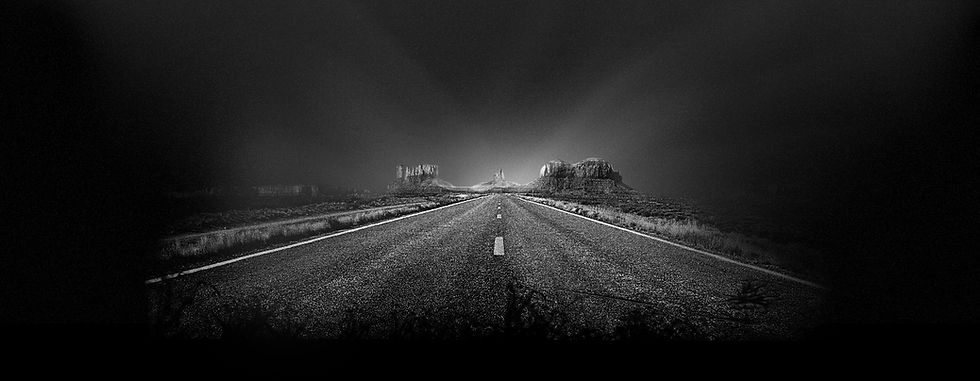
TLDR/OPinion: 6/10

Hosseini's harrowing microcosmic tale of the wider degeneration of his native country, Afghanistan, tells the story of its oppression and corruption at the hands of other nations and terrorists groups from the unique perspective of 2 children. The book travels through history and across countries, a tale of betrayal, heartbreak, inequality and redemption.

Book Reviews and Analysis

Heart of Darkness (1902)
Author
Joseph Conrad
Score
5/10
Wix image
Heart of Darkness (1902)
BLURB:
A damning insight into imperialism through the eyes of Captain Marlow, a man whose views on colonialism remain rather ambivalent or fascinatingly unelaborated upon; the character displays, rather than a definitive standpoint on the abject racism unfolding before him, a rather childlike or idealistic wonderment. The tale, narrated by Marlow himself, talks of his perilous journey through the Congo/Darkness, alongside delivering verdant insight into the protagonists/perpertrators of imperialism and its victims.
REVIEW:
The pitfalls: The stream of consciousness feature, a popular one within the genre is definitely one I clash with; unable to keep my own thoughts in check, wading through the tar-like series of events in epic detail, for me, rather hinders the reading experience.
The magniloquence and the righteousness of the colonisers, whilst extremely realistic and honest, is also a genuine insight into the universally accepted belief at the time of their innate superiority. Through the naturalistic portrayal by a contemporary author of a dynamic in which people genuinely tiered and discarded the value of human life Conrad has produced a novel perhaps better received now with utterly different and profound reverberations for modern audiences.
ANALYSIS:
It seems that much of Conrad's 'Heart of Darkness' dabbles with the balance or the spectrum of authority and tyranny and how rather than a linear comparison, the tangible link between the two is cyclical - one can very easily proclaim to be a legitimate and impartial authority figure to soon turn full circle into a tyrant, becoming enraptured by the heady intoxication of authority. The infamous 'Kurtz' is the ultimate embodiment of this conundrum; with the toxic superiority of imperialism and colonialism behind him Kurtz becomes an enigma, drunk on the power he holds over the native people, self-deified/self-pedestalised as this 'god'. Through Kurtz, it appears that Conrad questions the morality of excess power and almost satirically concludes the result through his demise.
At the very centre of the book is the motif of darkness and the wilderness which is almost anthropomorphised and represented as this infectious, irresistible entity. The Darkness, representing the yet unexplored, is the formidable forbidden fruit to imperialists, apparently 'blameless' to its lure. This same darkness seems to excuse the depraved acts these intruders commit. Furthermore Conrad outlines the inextricable/dissoluble link between the native people and the wilderness, almost portraying them as if they are physical manifestation/product of the forest and its unbridled rawness
THEMES:
Stream of Consciousness
Ambivalence
Race/Identity/Racism
Reputation/Infamy
Power/Tyranny/Authority
Imperialism
Colonialism
